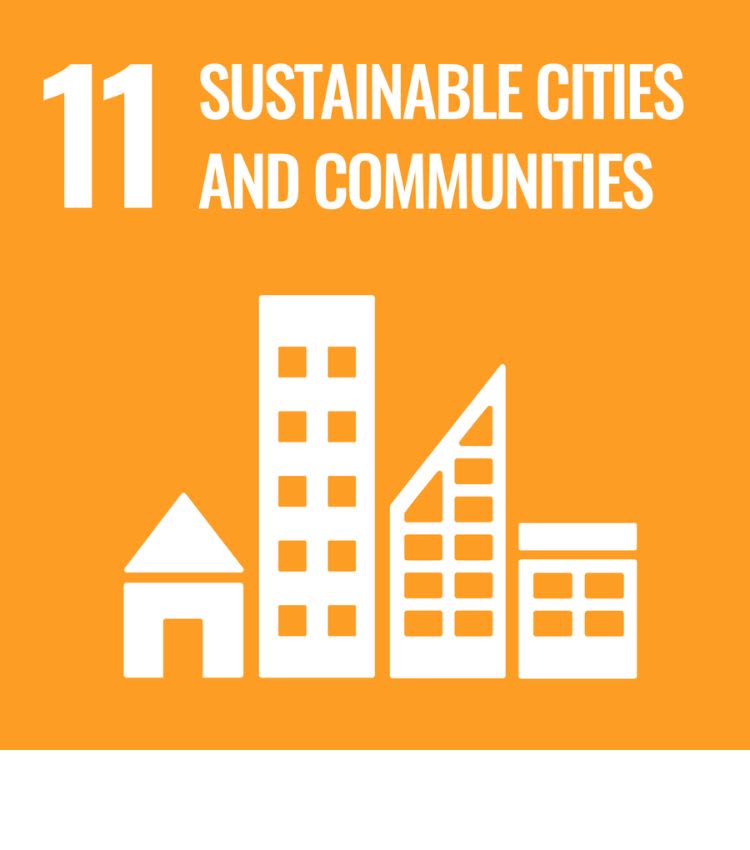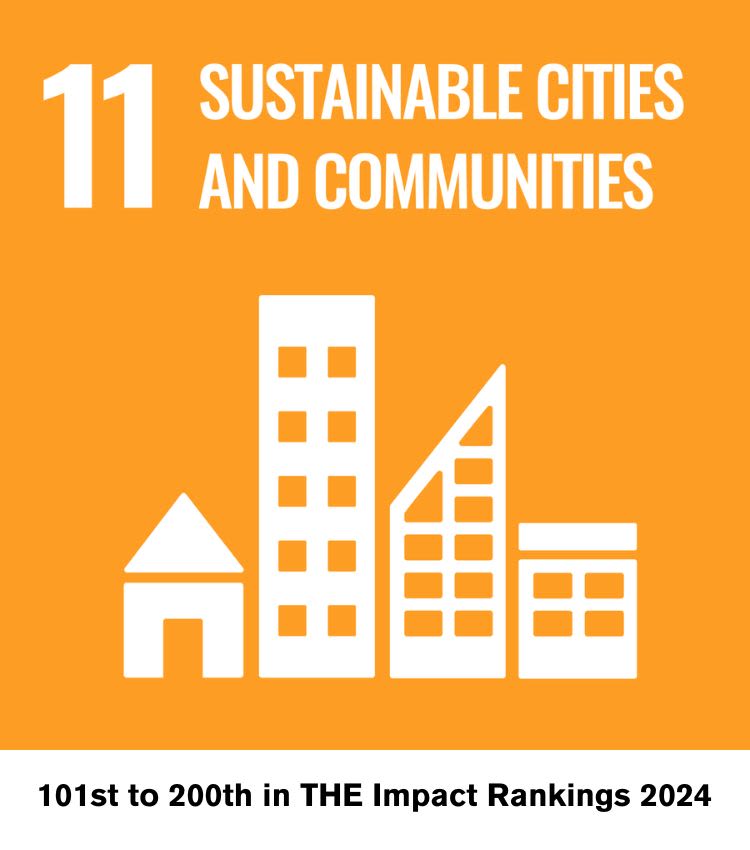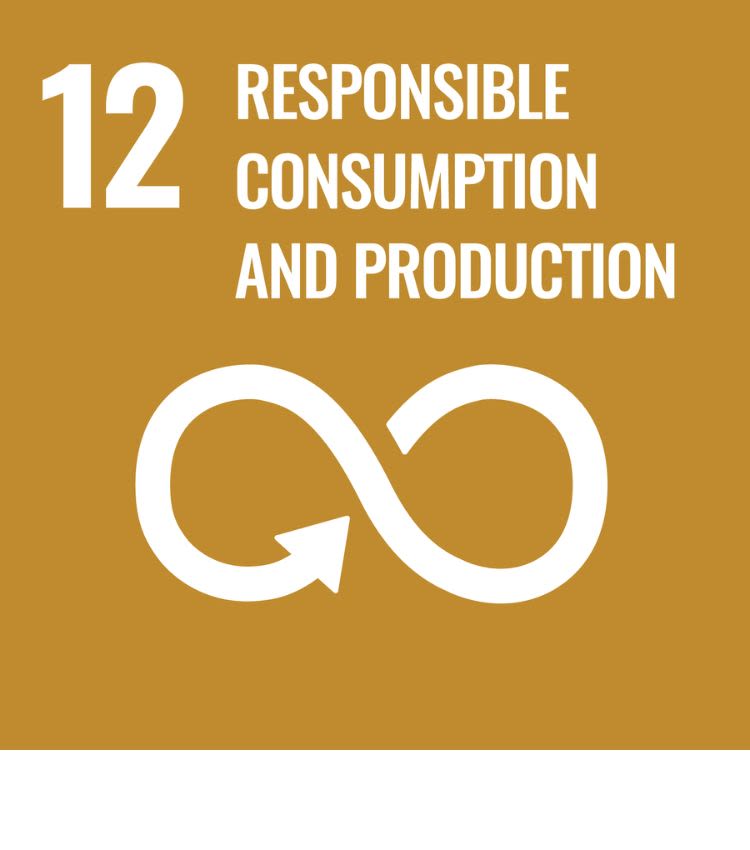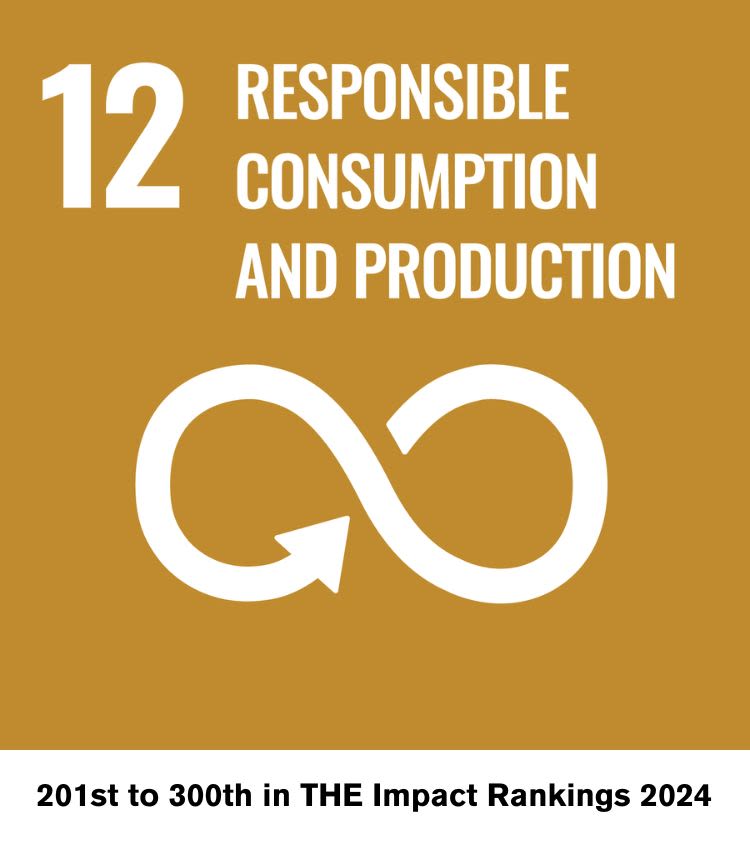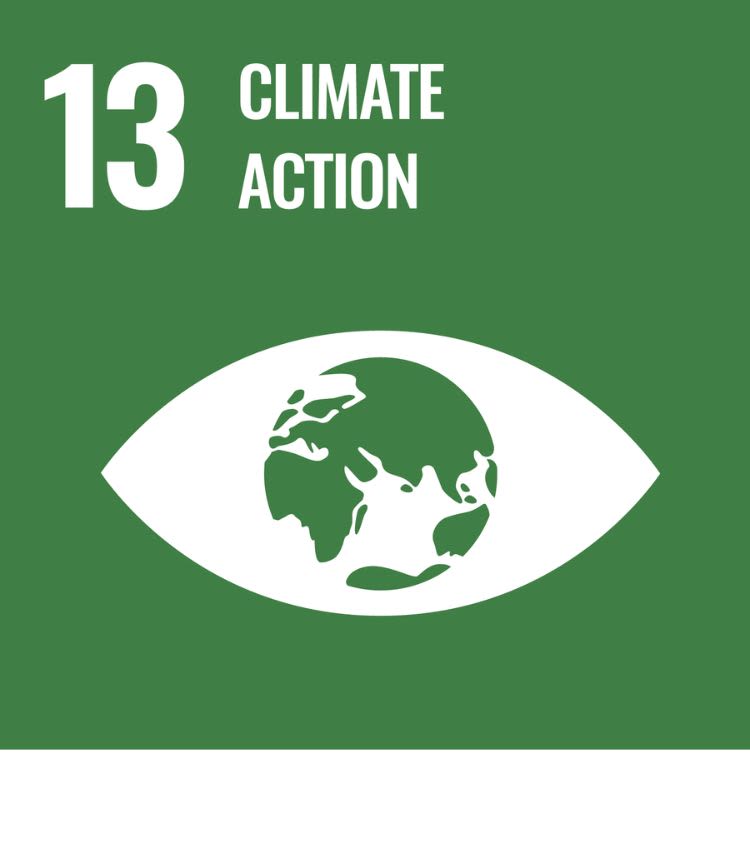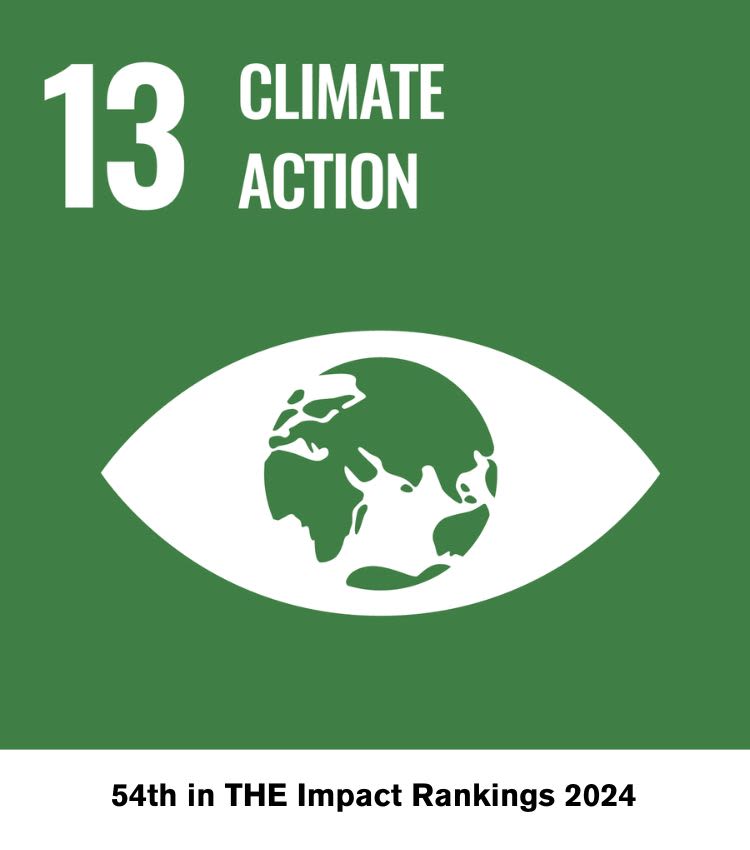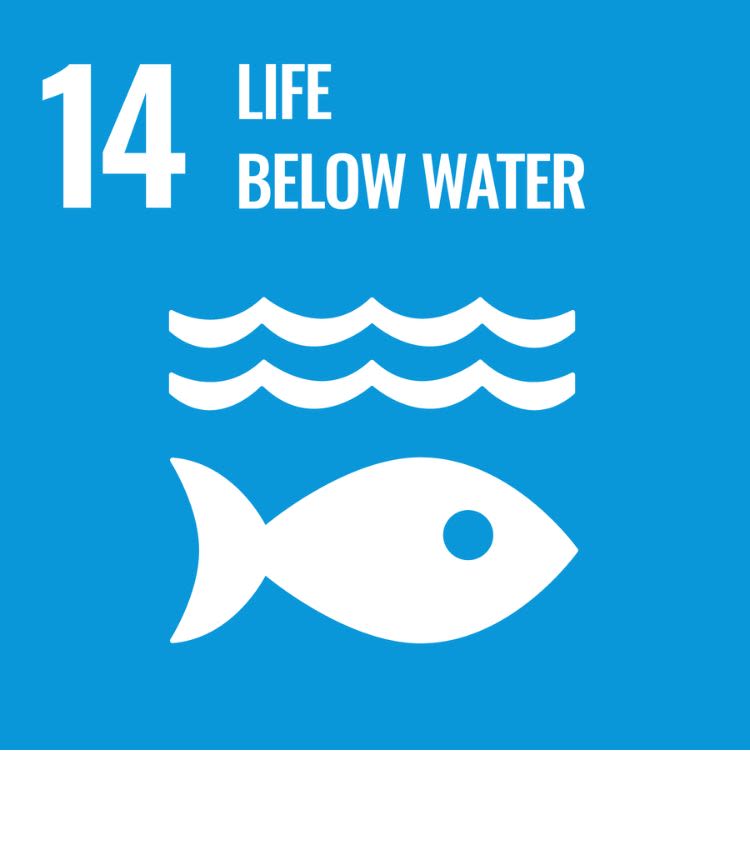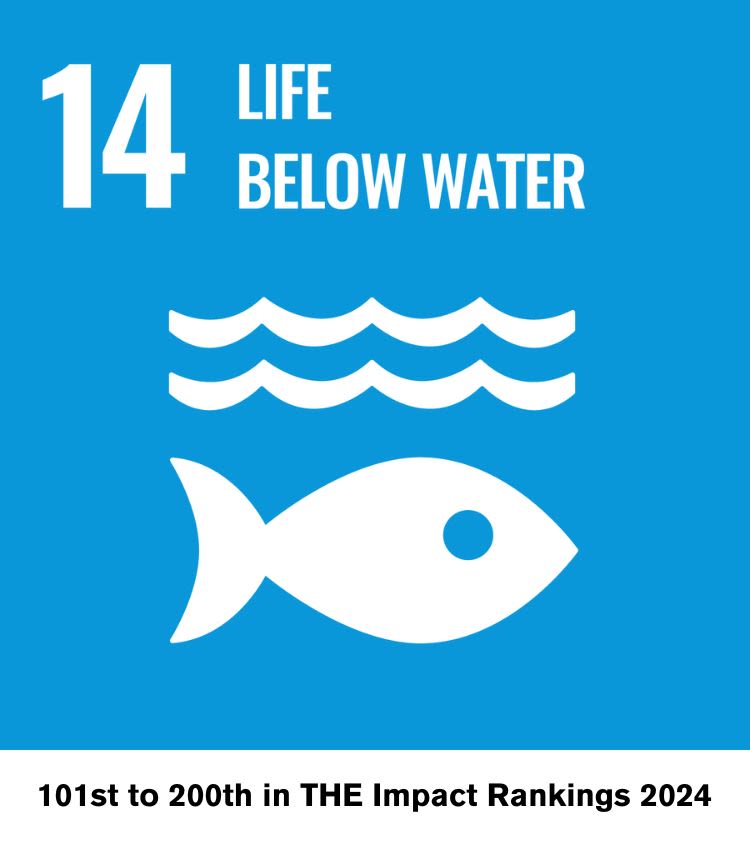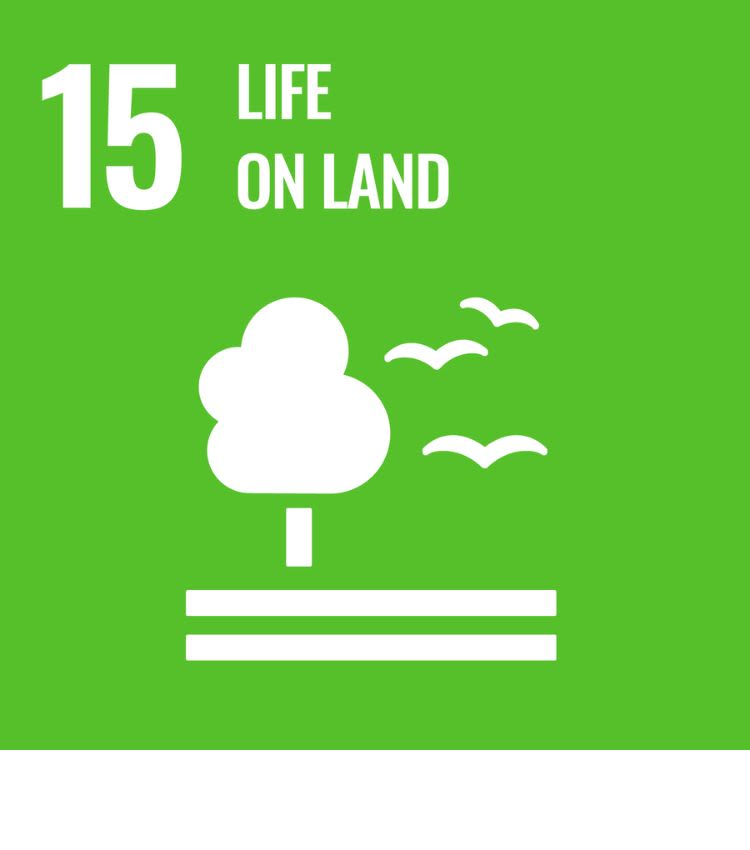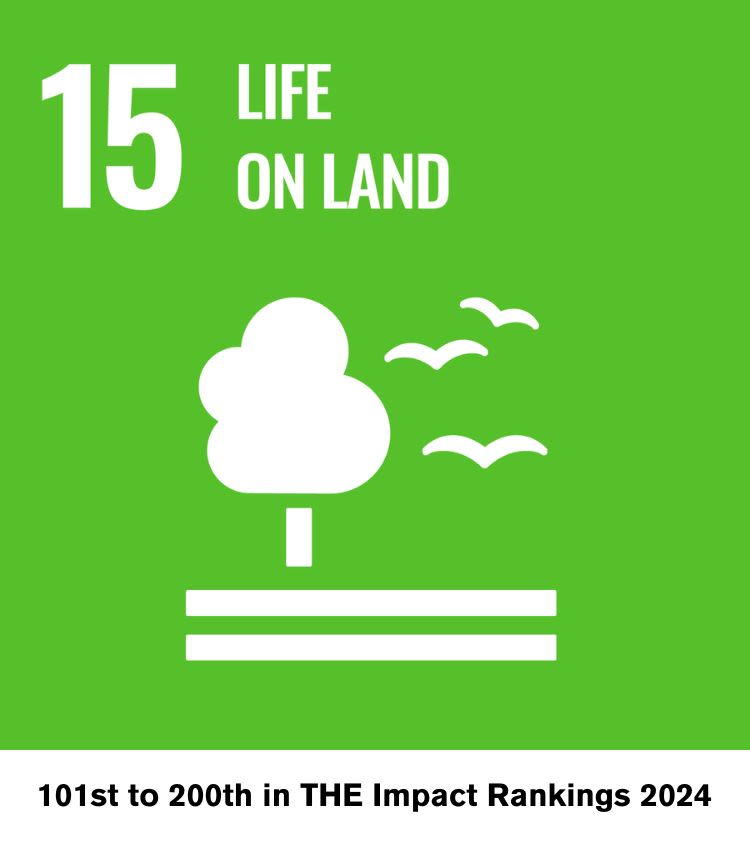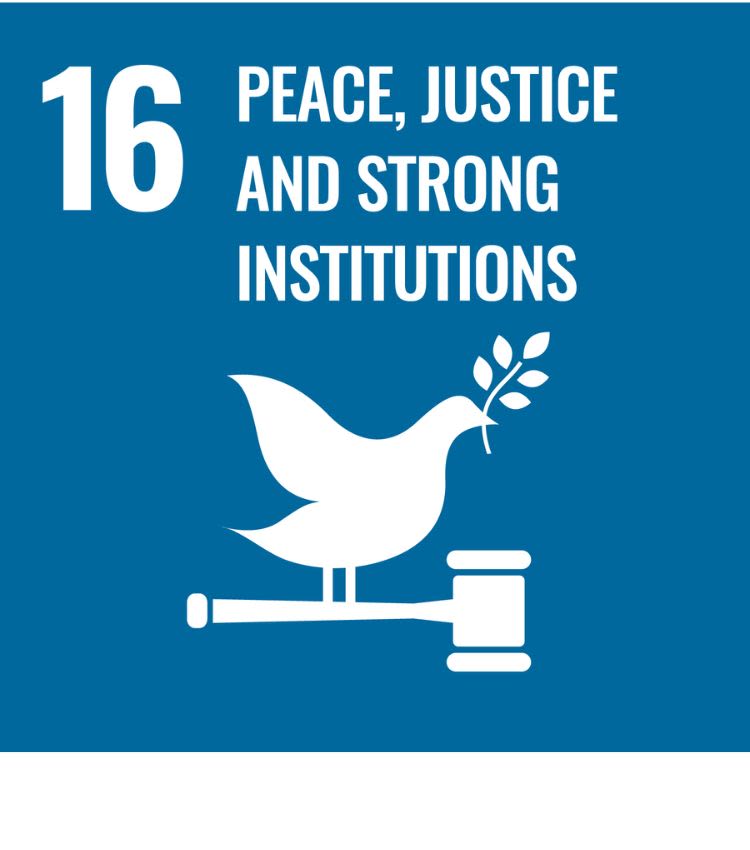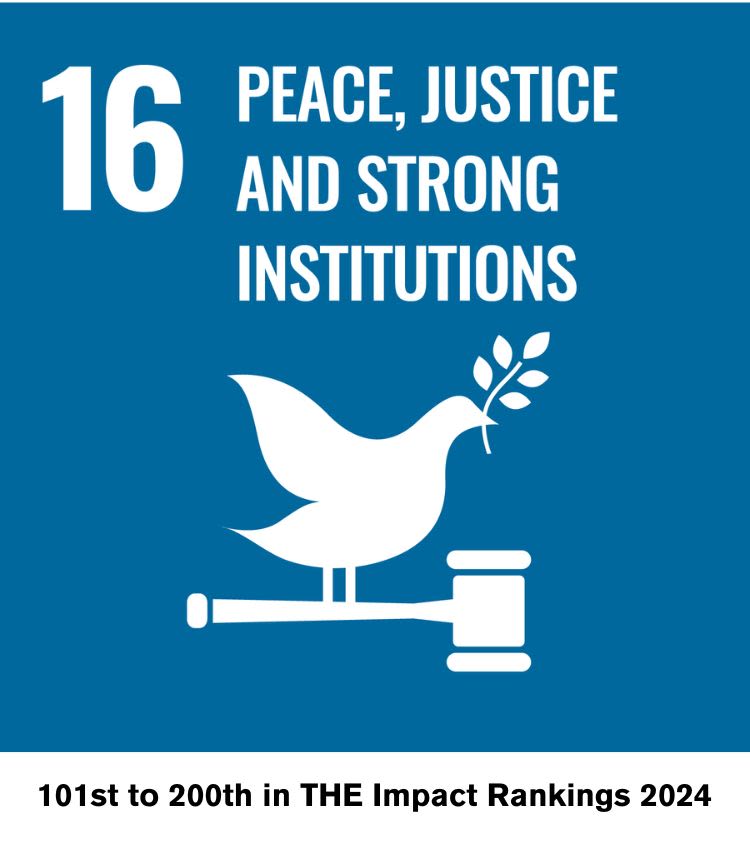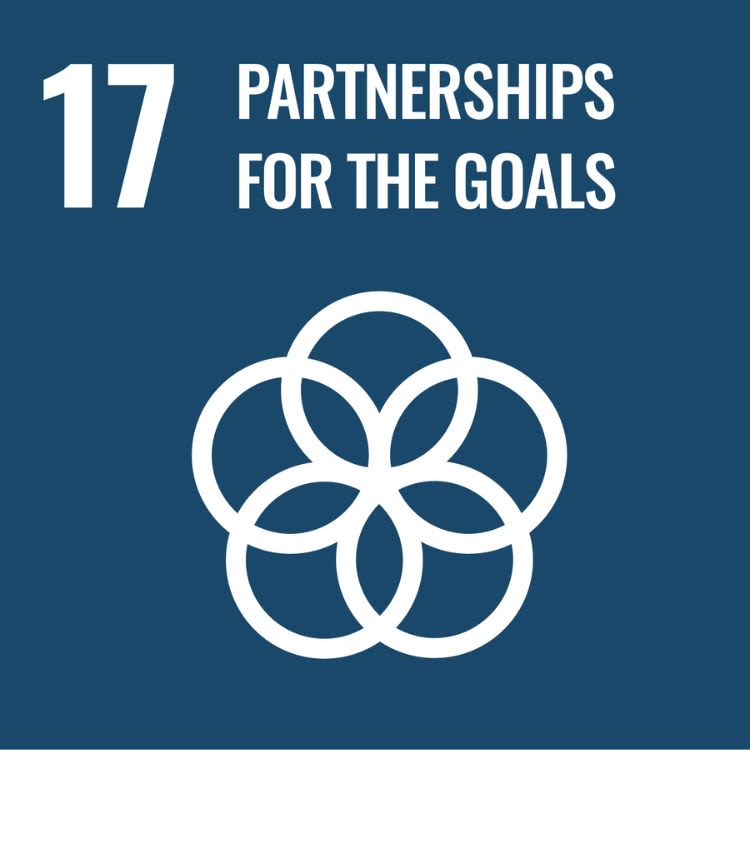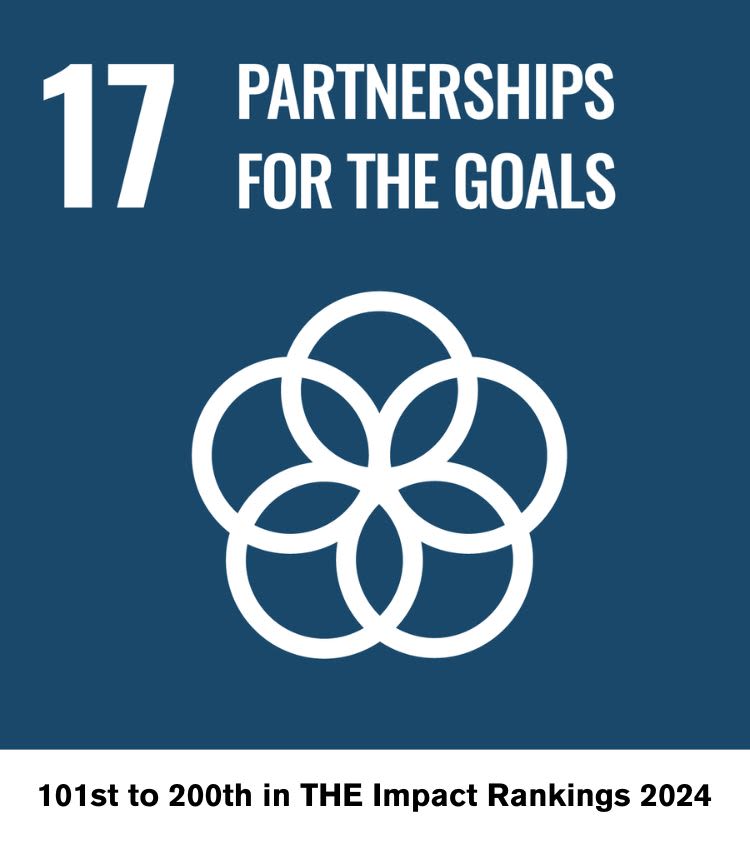SUSTAINABLE DEVELOPMENT GOALS REPORT 2024: SDG 11 - SDG 17
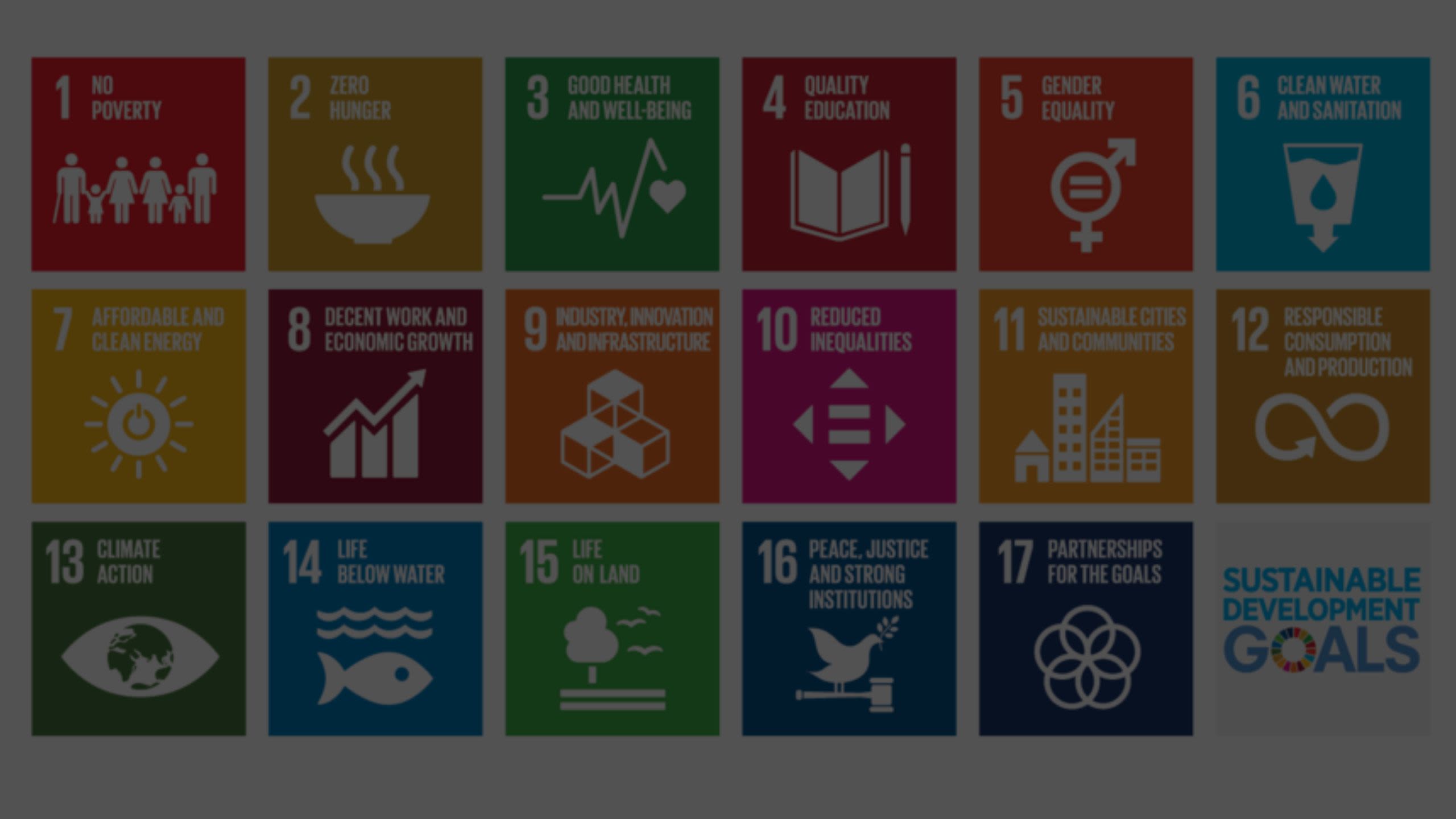
SDG 11: MAKE CITIES AND HUMAN SETTLEMENTS INCLUSIVE, SAFE, RESILIENT AND SUSTAINABLE
Research
|
Publication Record |
Method SDSN |
Method Elsevier |
|---|---|---|
|
All articles |
3,204 |
136 |
|
Open Access |
2,192 |
84 |
|
Citations |
70,171 |
2,424 |
|
H-Index |
111 |
26 |
Education
|
SSDN Relevant Degrees |
SDSN Student Engagements |
Elsevier Relevant Degrees |
Elsevier Student Engagements |
|---|---|---|---|
|
656 |
7,836 |
20 |
180 |
Case Study: SDG 11 - Sustainable cities and communities
Essex researchers have helped assess the impact of the award-winning All In programme pioneered by Eastlight Community Homes. Now there are hope the project could become a model for other areas of the UK.
All In gave Essex residents the opportunity to dedicate a year of their lives to one goal – creating a bold solution to a big social issue in their community, and then making it happen.
Participants were paid an annual salary to focus their efforts on the project.
Academics from Essex Business School worked alongside the Essex-based housing association for the duration of the project and have “been blown away” by the success of what was the first community project of its kind.
Dr Rebecca Warren from Essex Business School said the concept could be rolled out to help communities across the country to create new solutions tackling the big social issues affecting them.
Dr Warren said: “The project saw people working on issues which were important to the communities of north Essex. Not only was it a transformative experience for them, but more than 2,500 people engaged in person with the programme in one year.”
All In won the Neighbourhood Transformation category at the Affordable Housing Awards in November 2023.
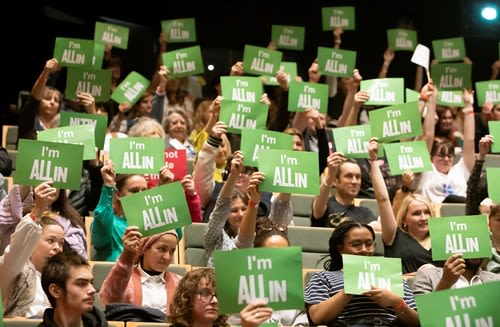
SDG 12: TO ENSURE SUSTAINABLE CONSUMPTION AND PRODUCTION PATTERNS
Research
|
Publication Record |
Method SDSN |
Method Elsevier |
|---|---|---|
|
All articles |
2,958 |
147 |
|
Open Access |
2,019 |
103 |
|
Citations |
66,035 |
3,658 |
|
H-Index |
104 |
35 |
Education
|
SSDN Relevant Degrees |
SDSN Student Engagements |
Elsevier Relevant Degrees |
Elsevier Student Engagements |
|---|---|---|---|
|
596 |
7,824 |
83 |
1,209 |
Case Study: SDG 12 - Responsible Consumption and Production
Researchers are analysing the garment industry in Leicester in the UK and Dhaka in Bangladesh to support economic justice in the sector.
The team of researchers – from the University of Essex, University of Derby, Manchester Metropolitan University and Universal College Bangladesh – plan to encourage positive long-term changes within the industry.
The three-year project will aim to achieve economic and social sustainability in the ready-made garment and fashion sector and improve autonomy in the workplace.
Supported by funding from the Economic and Social Research Council (ESRC), the interdisciplinary team will seek to find ways to support garment sector employees, suppliers and workers in order to “foster conditions for autonomy and economic justice in their workplace”.
Transforming Responsive and Relational Autonomy in the Garment Sector of the UK and Bangladesh (THRREADS), is being led by Dr Shoba Arun from Essex Business School and is based in the Centre for Work, Organisation and Society (CWOS).

SDG 13: TAKE URGENT ACTION TO COMBAT CLIMATE CHANGE AND ITS IMPACTS
Research
|
Publication Record |
Method SDSN |
Method Elsevier |
|---|---|---|
|
All articles |
1,049 |
283 |
|
Open Access |
736 |
196 |
|
Citations |
27,762 |
7,599 |
|
H-Index |
78 |
42 |
Education
|
SSDN Relevant Degrees |
SDSN Student Engagements |
Elsevier Relevant Degrees |
Elsevier Student Engagements |
|---|---|---|---|
|
247 |
2,201 |
121 |
1,419 |
Case Study: SDG 13 - Climate Action
A £2.2million grant from the Leverhulme Trust is supporting the University of Essex to help train up the next generation of interdisciplinary environmental sustainability researchers.
The Sustainable Transitions in Governance, Ecological Management and Society – Leverhulme Doctoral Training Programme will fund 18 interdisciplinary PhD scholarships that will focus on the pathways required to achieve environmental sustainability.
Essex Law School, the Department of Government, the School of Life Sciences, Essex Business School and the Department of Sociology will all be involved in the programme, with each scholar’s PhD required to cut across at least two of the departments.
Essex Law School’s Dr Stephen Turner, who is the Principal Investigator for the project, said: ‘We are delighted with this award as it enables us to further develop PhD training that blends sustainability related expertise from different disciplines in a way that is much needed across government, business and society.
"The award is recognition of the great work already conducted here at Essex in the field of environmental sustainability but also of the enormous potential and responsibility that we have to develop solutions that can have local, national and international application."

SDG 14: CONSERVE AND SUSTAINABLY USE THE OCEANS, SEA AND MARINE RESOURCES FOR SUSTAINABLE DEVELOPMENT
Research
|
Publication Record |
Method SDSN |
Method Elsevier |
|---|---|---|
|
All articles |
570 |
181 |
|
Open Access |
426 |
142 |
|
Citations |
17,057 |
3,673 |
|
H-Index |
65 |
33 |
Education
|
SSDN Relevant Degrees |
SDSN Student Engagements |
Elsevier Relevant Degrees |
Elsevier Student Engagements |
|---|---|---|---|
|
214 |
2,385 |
62 |
290 |
Case Study: SDG 14 - Life Below Water
North Sea oil and gas extraction can cause pollution to spike by more than 10,000% within half a kilometre around off-shore sites.
The University of Essex, Natural History Museum and Centre for Environment, Fisheries and Aquaculture Science (CEFAS) research has uncovered the true impact on Britain’s seabed life - with the number of species plummeting nearly 30% near platforms.
The findings, published in Science of The Total Environment, come in the face of continued global fossil fuel exploration.
The study discovered pollutants like hydrocarbons were up to 10,613% higher within 500m of the platforms than unimpacted, further away sites.
And heavy metals - like lead, copper, and nickel - were 455% higher within the same distance.
Dr Natalie Hicks, from the School of Life Sciences, said: "These platforms are leaving a potentially concerning legacy"
Contaminants have been accumulating for decades around platforms and this study shows a direct impact on marine invertebrates - which play a key role in underwater ecosystems, acting as food for larger animals like fish.

SDG 15: PROTECT, RESTORE AND PROMOTE SUSTAINABLE USE OF TERRESTRIAL ECO-SYSTEMS, SUSTAINABLY MANAGE FORESTS, COMBAT DESERTIFICATION, AND
HALT AND REVERSE LAND DEGRADATION AND HALT BIODIVERSITY LOSS
Research
|
Publication Record |
Method SDSN |
Method Elsevier |
|---|---|---|
|
All articles |
1,561 |
90 |
|
Open Access |
1,154 |
70 |
|
Citations |
41,292 |
3,859 |
|
H-Index |
89 |
31 |
Education
|
SSDN Relevant Degrees |
SDSN Student Engagements |
Elsevier Relevant Degrees |
Elsevier Student Engagements |
|---|---|---|---|
|
295 |
2,287 |
28 |
165 |
Case Study: SDG 15 - Life on Land
Students are being supported to improve the local environment, promote sustainable solutions and undertake interdisciplinary research as part of a new strategy being launched by the Centre for Environment and Society at the University of Essex.
The Centre is looking to promote environmental and sustainable issues across research and education and has set out three core objectives as part of its strategy through to 2026.
These objectives are to champion interdisciplinary research and education on environmental issues across our campuses, to support postgraduate research students with an interdisciplinary research focus, and to enhance the local environment and catalyse students to act as ‘change agents’ for sustainability.
The Centre is a collaboration across Essex’s three faculties and is being led by Professor Tom Cameron (Director and Professor of Applied Ecology in the School of Life Sciences), Dr Katy Wheeler (Deputy Director and Senior Lecturer in Sociology of Consumption) and Dr Elisif Wasmuth (Deputy Director and Lecturer in Ancient Philosophy).
It is hoped the Centre will become a hub for postgraduate researchers to come together and share their innovative work.

SDG 16: PROMOTE PEACEFUL AND INCLUSIVE SOCIETIES FOR SUSTAINABLE DEVELOPMENT, PROVIDE ACCESS TO JUSTICE FOR ALL AND BUILD EFFECTIVE, ACCOUNTABLE AND INCLUSIVE INSTITUTIONS AT ALL LEVELS
Research
|
Publication Record |
Method SDSN |
Method Elsevier |
|---|---|---|
|
All articles |
3,090 |
791 |
|
Open Access |
1,981 |
448 |
|
Citations |
46,709 |
8,975 |
|
H-Index |
83 |
47 |
Education
|
SSDN Relevant Degrees |
SDSN Student Engagements |
Elsevier Relevant Degrees |
Elsevier Student Engagements |
|---|---|---|---|
|
627 |
9,184 |
344 |
3,414 |
Case Study: SDG 16 - Peace, Justice and Strong Institutions
Essex legal experts teamed up with indigenous representatives from Colombia to make special representations before key members of the United Nations.
Dr Matthew Gillett and Dr Marina Lostal, both from Essex Law School, worked with Freider Legarda Mojomboy, Gabriel Muyuy Jacanamejoy and Yuli Meneses from the Inga Indigenous Territorial Entity AWAI, and co-investigator Santiago del Hierro from ETH Zurich, to complete a report on human rights and intercultural higher education that was presented to UN Special Rapporteurs Farida Shaheed (Education) and the team of Francisco Cali Tzay (Indigenous Peoples and other officials).
The report became an input on the right to access and take part in scientific progress issued by the Special Rapporteur in the field of cultural rights.
Key themes raised in the submission to the Special Rapporteurs and their teams included indigenous rights to their own education and how this can be a tool to peace-building in a post conflict setting, such as Colombia.
The experts also noted how indigenous-led education can facilitate environmental protection and ensure that cultural knowledge is preserved.
Dr Gillett said: “The team was able to sensitize interlocutors to the challenges that the Inga people face and explain how higher education can assist them to enjoy their human rights.”
The project is being funded through an Arts and Humanities Research Council grant and is looking to develop international networks to research peace and trust, while addressing the United Nations Sustainable Development Goal 16, Peace, Justice and Strong Institutions.
This project is being realised through knowledge exchange, including workshops in Colombia, meetings with Colombian officials, and engagement with the UN and Special Mandate holders.
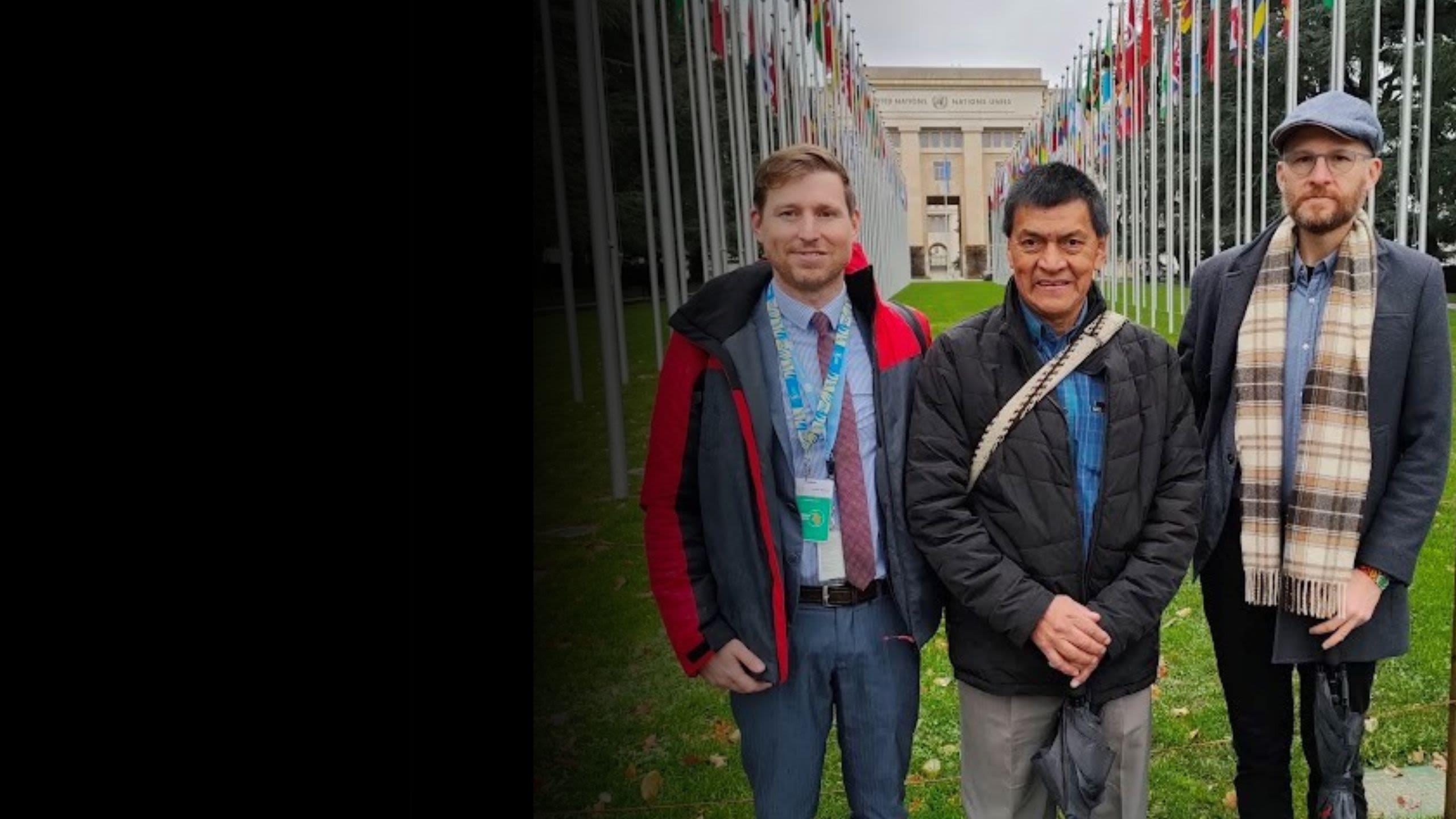
SDG 17: STRENGTHEN THE MEANS OF IMPLEMENTATION AND REVITALISE THE GLOBAL PARTNERSHIP FOR SUSTAINABLE DEVELOPMENT
Research
|
Publication Record |
Method SDSN |
Method Elsevier |
|---|---|---|
|
All articles |
246 |
N/A |
|
Open Access |
148 |
N/A |
|
Citations |
5,262 |
N/A |
|
H-Index |
38 |
N/A |
Education
|
SSDN Relevant Degrees |
SDSN Student Engagements |
Elsevier Relevant Degrees |
Elsevier Student Engagements |
|---|---|---|---|
|
170 |
1,154 |
N/A |
N/A |
Case Study: SDG 17 - Partnerships
Computer scientist and artificial intelligence expert Professor Maria Fasli is working to support education initiatives and the development of skills and capacity in the crucial areas of data and artificial intelligence as UNESCO Chair in Analytics and Data Science.
As UNESCO Chair, Professor Fasli has been collaborating with UNESCO and international partners, in the Global South in particular, to engage in research, host a wide range of activities and develop training programmes to help address the skills gap by strengthening the knowledge base.
Workshops and joint events have been held across the world including Brazil, China, Malaysia, South Africa, Indonesia and Rwanda.
Professor Fasli added: “The cornerstone of our approach is that data is all about people. By improving people’s data literacy and capacity, along with access to and understanding of data and knowledge we can empower citizens to positively contribute to the governance of their country and transforming economies of developing and transitioning countries into strong, self-reliant digital and knowledge economies.”
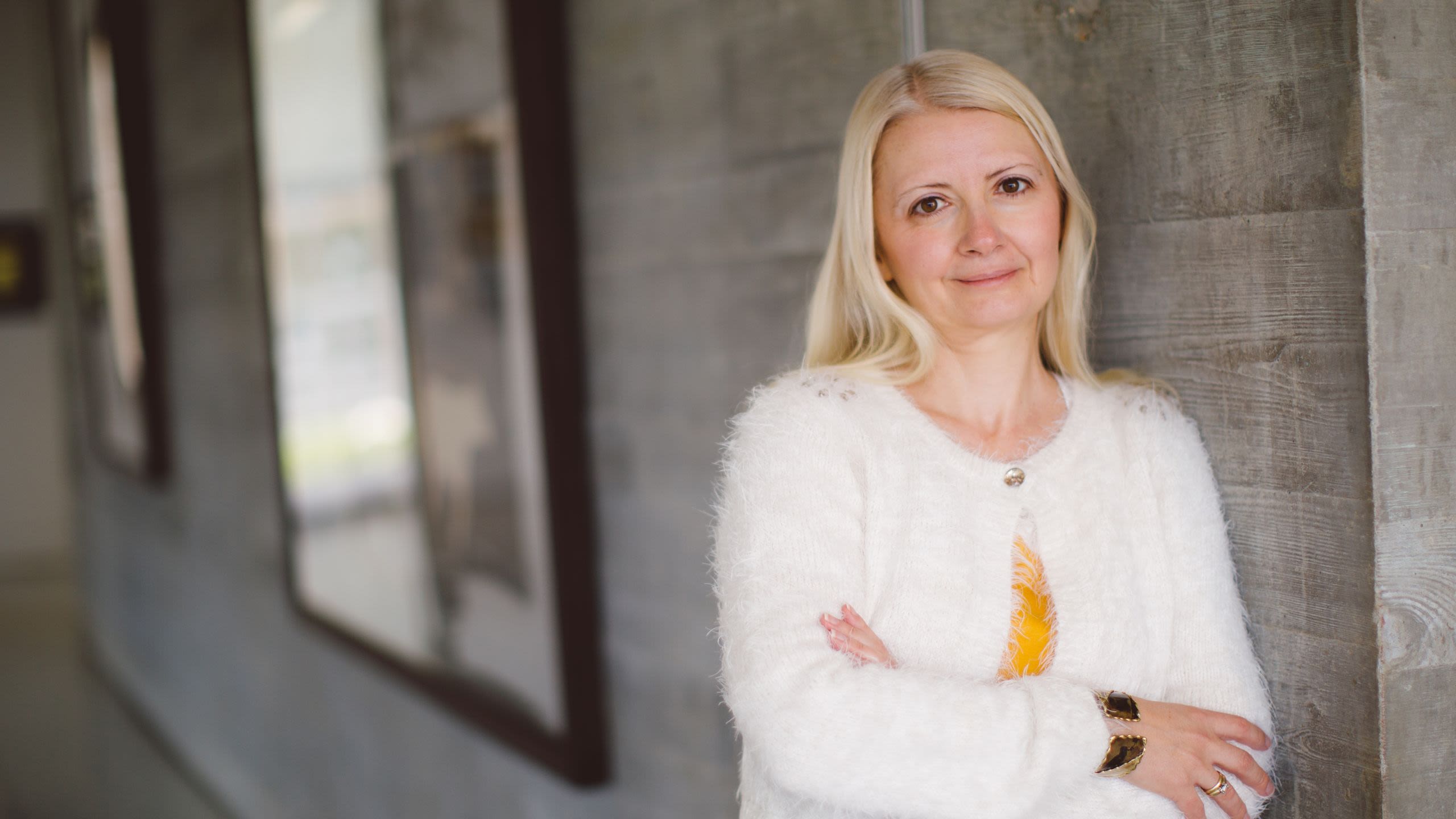
Return to the start of our annual report on our work to support the United Nations Sustainable Development Goals to review information about our work to promote SDG 1 to SDG 10.
Or continue to learn more about measuring sustainable development.

